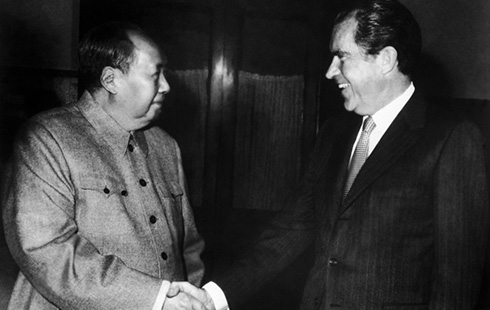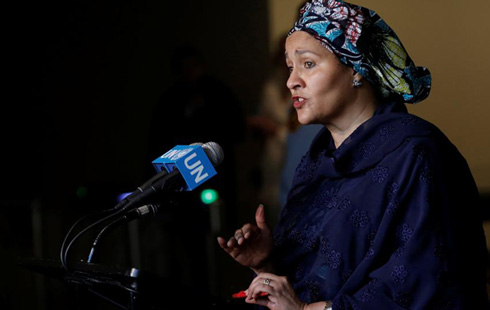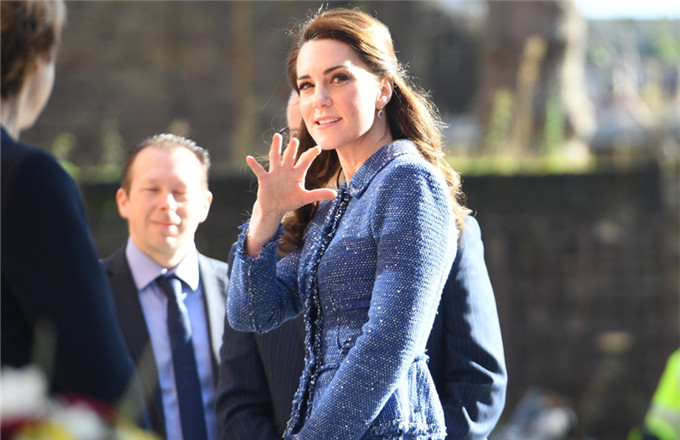Law obstructing Israelis' reunion with Palestinian spouses
JERUSALEM - The Israeli Cabinet on Sunday extended by a year a controversial law, which bans Israeli citizens from living in or entering the state with their Palestinian spouses, local media reported.
The "Citizenship Law" prohibits Israeli citizens who marry Palestinians (or nationals from enemy states) from entering or living in Israel, deeming their partners as "security threat."
The law mainly affects Israeli Arabs, who constitute a fifth of the country's population of 8 million. Many Israeli Arabs marry Palestinians from the West Bank or the Gaza Strip.
Interior Minister Gideon Sa'ar proposed the extension to the cabinet, based on the opinion submitted by the Shin Bet Security Agency, citing the "volatility" and "security threat" posed by Palestinian partners, particularly those from the Gaza Strip.
The Shin Bet is concerned about the high risk in those families 'reunion, since this community could be used to carry out terrorist attacks or espionage activities.
The law was first adopted in 2002 as a temporary order, which excludes Palestinian spouses from becoming Israeli citizens, unless they are 36 years old (or older) men, or 26 years old (or older) women.
Since then, the parliament has extended it several times, despite petitions filed to the Supreme Court to challenge the legitimacy of the law.
Since 1993, more than 100,000 Palestinians have obtained Israel's permits through marriage with Israeli Arabs.
Zehava Galon, chairwoman of left-wing Meretz party in Israel, has challenged the law in the past. She slammed the latest Israeli decision as placing "draconian restriction" on the Arab community's "right to marry" and described the law as racist and discriminatory.
The only correct way to handle this issue is to evaluate those applicants "on a personal basis," Galon said Sunday.



















